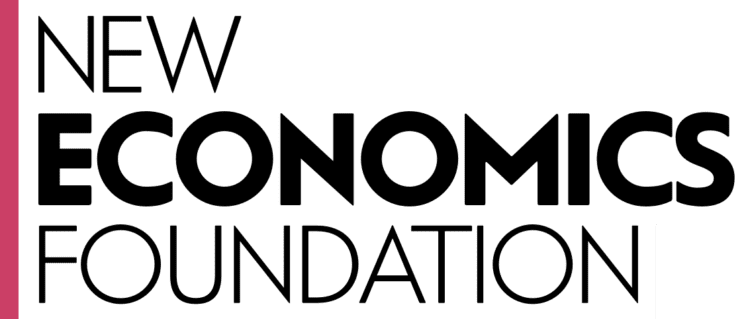AN ADVISORY ECONOMIC DEVELOPMENT STRATEGY FOR A LONDON BOROUGH
A London borough commissioned NEF to support them in creating an inclusive and green economic strategy that:
- Reduces inequalities and improve living standards.
- Supports the creation of sustainable local businesses and good secure jobs.
- Supports the local economy to be carbon neutral by 2030.
Background
A survey of 1000 residents in the borough had highlighted the profound impact of the crisis on families and individuals in the borough. Almost half admitted to having to cut back on energy costs as well as on buying food and groceries, with 26% having skipped meals as a direct result of the crisis. It is within this context that the borough commissioned NEF to support them in the development of an inclusive and green economic strategy.
The challenge for all councils is how to address the underlying problems in the local economy, while ensuring their communities are fit for the future. Drawing on new thinking to inform an inclusive, green economic development strategy in which these concerns are addressed across interventions requires working to:
- Improve living standards rather than simply targeting GVA (Gross Value Added) growth.
- Support the creation of generative local businesses and good, secure jobs.
- Reduce greenhouse gas emissions.
- Reduce inequality.
Approach
In the first phase of the research, NEF:
- Undertook a socio-economic baseline analysis of the borough and a review of key documents, strategies, and available data.
- Conducted scoping interviews with key stakeholders and surveyed members and other local stakeholders to capture a wider range of views.
- Established a set of criteria against which to assess and evaluate priority action areas to take forward to the third phase of the work.
In the second phase, NEF:
- Identified key strategic priorities for action in the borough which we tested, conducting additional interviews with area-of-focus-specific stakeholders.
- Hosted a workshop with the council in which we agreed priority areas to be taken forward to Phase 3 of the research.
In the third and final phase, NEF:
- Refined the scope of two Policy Labs.
- Mapped key stakeholders for each of the priority areas.
- Reviewed best practice related to the key priority areas to support the policy lab process.
- Conducted policy labs involving different stakeholder groups.
- Produced both a recommendations report and an evidence report with an insights session to discuss the findings of the project.
Recommendations
In Phase Two we identified six areas of focus for the emerging Inclusive Economy Strategy. These are:
- Strengthening the Business Foundation – SME Support
- Green Sectors in the borough – Social Housing Retrofit
- Improving Work in the Everyday Economy – Starting with Care
- Improving Food Systems
- Ensuring Investment Benefits All – Inclusive Regeneration
- Supporting Economic Activity in High Streets and Town Centres
In discussion with council colleagues, we worked with them on two of these areas: business support, and social housing energy efficiency retrofits. However, all six remain significant areas of strategic focus.
POLICY LAB RECOMMENDATIONS
To develop our recommendations in our two key focus areas, we brought together national experts as well as local and regional stakeholders to discuss potential interventions through a Policy Lab process. We also included indicative recommendations for the other four areas of focus.
The following lists some of the topics included in the detailed recommendations:
Strengthening the Business Foundation – SME Support
Recommendations included:
- Direct engagement with SME employers and workers to better understand their specific context and need.
- An affordable workspace strategy.
- Addressing business rates with, for instance, a voluntary accreditation scheme.
- Targeted support for SMEs affected by redevelopment.
- A service to provide proactive businesses support, overseen by experts.
- SME growth hubs and community wealth hubs.
- Rectifying gender and racial imbalances through entrepreneurship development.
- Supporting SMEs to:
- Address the energy cost crisis and decarbonisation.
- Improve productivity through attracting talent and a focus on wellbeing.
- Adopt digital skills and raise finance.
Green Sectors – Social Housing Retrofit
Recommendations included:
- A social housing retrofit taskforce and a retrofit delivery agency.
- Bringing together financial experts to clarify funding sources and mechanisms for the retrofit of social housing.
- A public engagement strategy to convey information on the benefits or processes of retrofit.
- Mapping the demand for labour for retrofit against supply and identify shortages.
- Accreditation schemes for retrofit suppliers and subcontractors.
- Establishing a local network of supply side organisations.
- A procurement strategy for the retrofit delivery agency that supports community businesses.
- An arms-length construction company to proactively delivery on retrofit, build capacity and use local labour.
For more on our work with local government on local transformation strategies click here or contact us if you would like to discuss how we can support you.
